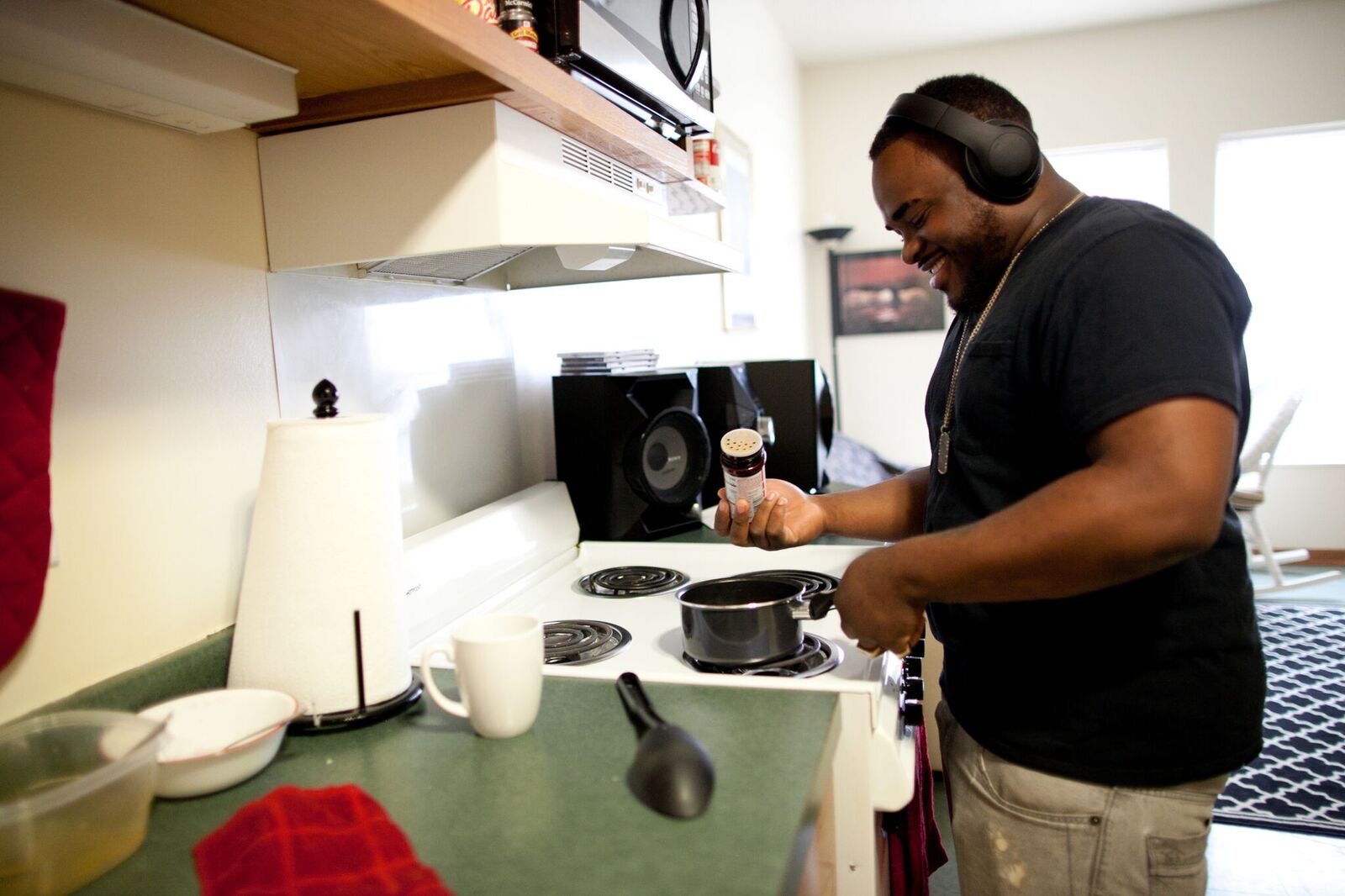Since 1969, Mardag Foundation has been supporting Minnesota nonprofits to remove barriers and create opportunities for low income or traditionally marginalized children, youth and families; older adults with barriers to living independently; and to build capacity of organizations supporting the arts and humanities.
In 2022 the Foundation expanded its work. Thanks to the Board, led by President Sam Eberhart, the Foundation was able to establish an Impact Committee. This committee has helped to advance its mission as an anti-racist foundation, providing strategic guidance around recruiting and retaining board members across a wide array of backgrounds.
We sat down with Sam to review the Foundation’s progress in 2022, while also discussing its future and legacy. Sam is the great grandson of Agnes Ober, whose trust created the Mardag Foundation. He has been a member of the board for 10 years and was elected president in 2020.
What has informed or driven the Foundation’s work in 2022?
In the last couple of years, we’ve seen the needs of our Minnesota community grow and shift in complex ways. Although our funds available to grant grew with a flourishing stock market, that wasn’t reflective of most Minnesotans’ day-to-day lives, especially within underserved populations. The pandemic, violence and civil unrest have exacted a heavy toll that nonprofits have so tirelessly stepped up to address and solve for. But those efforts require tremendous human and financial resources at a time when we’ve seen a labor shortage, inflation and now the indicators of a recession. While the dollars available to grant have increased from the years leading up to COVID, the need has never been greater.
In the last two years, the Mardag Foundation has put a strong focus on collaboration and partnership with the Saint Paul & Minnesota Foundation program staff to look at trends and needs within our focus areas of: Improving the lives of low-income children, youth and families that lack access to critical opportunities and resources that they need; supporting older adults across Minnesota who lack access or have barriers to critical opportunities to thrive and create community connections; and building capacity to improve community vitality through arts and culture.
What culture shifts and changes has the Foundation made to better serve the community?
Although the Foundation remains a family foundation, a critical aspect of how the board’s work is informed is through the voices and participation of community members working in both the nonprofit and for profit sectors – that has been true since its inception in 1969.
Current and previous members have worked in youth and family services, legal, health, education and public safety. Those perspectives are critical to our discussions and decisions as part of our “informs, forms and benefits” ethos. To live into those ideals further, my goal as board chair this coming year is to work on building a framework for more broad community participation, whether on the committee level or through full board membership. Meaningful board engagement starts with cultivating relationships, but that should happen intentionally, transparently and with a process. We know there is power and privilege that accompanies money, as well as tremendous opportunity. My commitment is to furthering our reflection and action around sharing that power and privilege.
What accomplishments or challenges have you had this past year as board chair?
To advance our learning around anti-racism, as well as trust-based philanthropy generally, we invited panelists to participate in our learning sessions and guide conversation around those topics. Participants included:
- Fred Carroll Jr. of Open Arms Native Missions
- Clarence White of East Side Freedom Library
- Otis Zanders of Ujamaa Place
- Bilal Alkatout of Headwaters Foundation for Justice
- Aimee Vue of Youthprise
- Aya Johnson of Pohlad Family Foundation
Alongside those learning sessions, the Impact Committee brought forth a recommendation to move forward with a tool from the National Committee for Responsive Philanthropy called Power Moves, to assess and guide how we build, wield and share power. This year, the Impact Committee and wider board elected to focus on “sharing power,” which we will be fleshing out further in our 2023 learning sessions.
Agnes was no stranger to hardship and tumult. She experienced poverty, the loss of family, and lived through two world wars and the Great Depression. No doubt she understood what it meant to live through challenging times. Our generation is encountering challenges both new and old, but I am sure Agnes would be proud to know her resources are going to support our young, our families, our artists, and our leaders; and that her legacy is expressed through partnership, new learning, and belief in human capacity.

